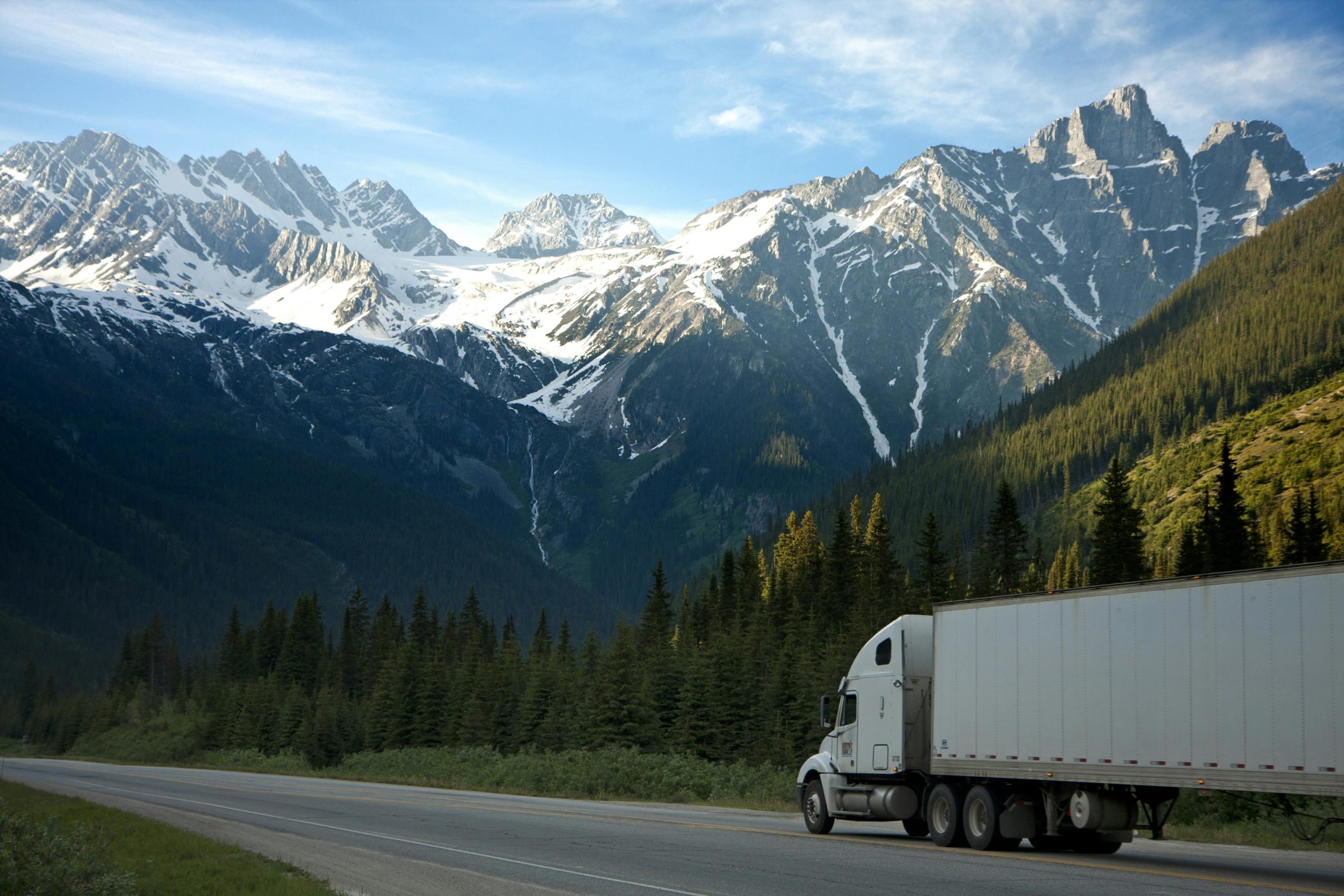
The Carbon Border Adjustment Mechanism (CBAM) is being gradually introduced to support the decarbonisation of EU industry.
To help make sense of the process and what it means for businesses, we have pulled together some Frequently Asked Questions.
The CBAM will be used to report on and correctly tax the carbon emissions of certain goods when they enter the EU.
When does this come in to force?
It is being phased in gradually. For the EU, the CBAM is currently in a transition phase from 1st October 2023 until the end of 2025. During this time, importers have to report emissions embedded in their goods, without paying a financial adjustment. However, companies face fines if they do not report their emissions imported.
Importers should ask their suppliers for their emissions calculation data. Importers will then need to use this to submit a CBAM report. The first report was due on 31st January 2024 and each report is due every quarter (second report was due 30th April 2024).
What sectors does this apply to?
CBAM currently applies to goods in the following sectors: Cement, Iron and Steel, Aluminium, Fertilisers, Electricity, Hydrogen. This list is expected to expand in coming years.
Does this also apply to the UK?
The UK has announced it will implement its own CBAM, this is currently planned for 2027. The sectors covered by the UK CBAM will be Aluminium, Cement, Ceramic, Fertiliser, Glass, Hydrogen, Iron and Steel. Compared to the EU, electricity has not been included whilst glass and ceramics have been included.
Further details related to UK CBAM should be available later this year.
What do UK Exporters need to do?
There is no requirement for UK businesses to report any information for CBAM currently. However, EU importers do need to report emissions data on products and are encouraged to seek this from their suppliers. Therefore, if you are an exporter of goods in affected markets it is advisable to understand what your emissions are in preparation for your customers requesting the data.
If you want to find out more, please get in touch!

Copyright © 2023 Independent Freight Solutions Ltd | Company number 05202892 | Terms & Conditions | Privacy Policy